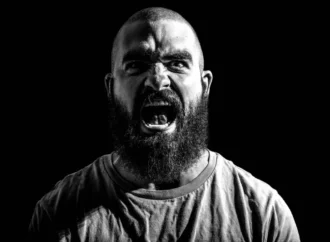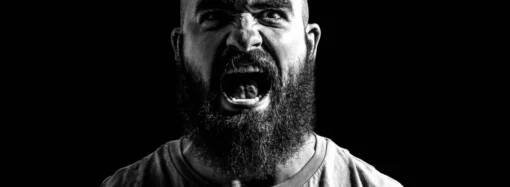A favorite modern pastime seems to be analyzing the controversial topic of gender relations, past and present. There are editorials aplenty delving into the nature of misogyny, the historical reign of patriarchy, and the rise of female empowerment in the modern age. Hollywood follows this trend, using period pieces in particular to highlight “modern” female characters trapped by the social standards of that age that force them to compromise their dreams for masculine expectations.
While I fully acknowledge that western society has often undercut the full potential of women and treated them as if their sole purpose was to serve and sacrifice for men’s wants and needs as dutiful wives and mothers, I feel as if the pendulum has swung to the opposite extreme. Now, instead of focusing on confirming a woman’s self-determination to pursue and fulfill her individual aspirations in whatever field she may chose, there is also an undercurrent of animosity being raised against the idea that women might in fact “need men” and that, left to themselves in what I might call a “matriarchy”, their world would be a far more serene one.
Perhaps we should think about what we mean when we say “need.” It is true that women do not need men around because they are incapable of making their own decisions, or are too weak and helpless to function without their “enlightened” presence. However, I believe that women still do “need” men on a more fundamental level, just as they need women. We are not supposed to be at war, but in communion. We cannot afford to ignore each other or grow bitter against one another, but must help each other become more fully human.
In order to assert our independence from elements of our society which indeed have been unjustly patriarchal, we need not blame everything wrong with the world on masculinity, nor turn it into a bad word. Instead of being a “feminist”, I prefer to see myself as an “egalitarian.” We are equals, and in a profound way, we are meant for each other, and we complete each other. We are lesser beings without each other.
While women are typically not as physically strong as men, we show the depths of our strength through intellect, emotion, and spiritual intuition, nurturing the world with our gifts. On the other hand, men need not live up to a false standard of what it means to be manly by using their physicality in a way that distorts their strengths into animalistic displays; that is not true masculinity at all. Men are meant to be life-givers, life-affirmers, life-defenders, life-lovers. They should support us to be the women we were born to be, as we should support them in being the men they were supposed to be.
To put it succinctly, the world needs both of us, working together in equity and in harmony alongside each other, enriching each other with our unique form of genius. Perhaps the reality is that we are better together than apart, and it is our diversity that brings us unity. This mutual need for one another goes way beyond the range of romance, and I am always distressed at the lack of emphasis on the power of platonic male-female friendships. But this is a beautiful way of describing the purpose of marriage.
It is not meant to “suppress” women, nor “entrap” masculinity, but to set us both free through the embrace of commitment and providing an environment for new life to come forth from love. As such, a healthy relationship between Man and Woman is the foundation of a healthy society.
—
Avellina Balestri (aka Rosaria Marie) is a freelance writer who resides in the scenic and historic Penn-Mar borderlands.
















Leave a Comment
Your email address will not be published. Required fields are marked with *